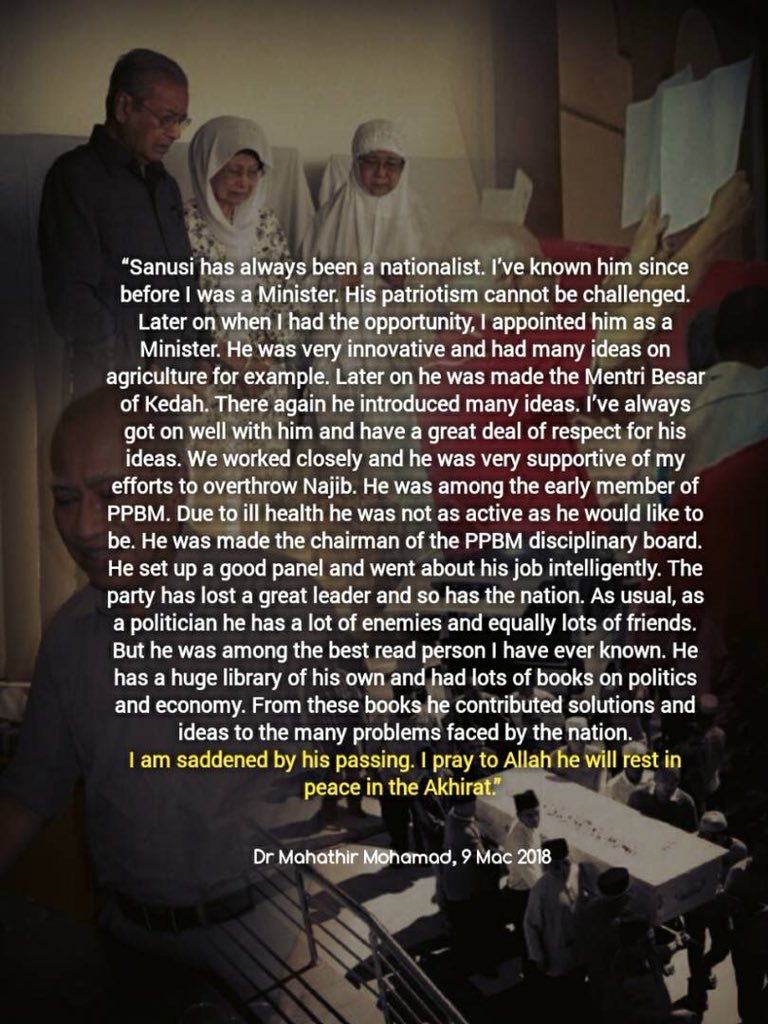Dalam rencana bertajuk “Stop, thief! Malaysia’s PM is about to steal an election” (Berhenti, pencuri! PM Malaysia akan curi pilihan raya -baca di bawah), majalah mingguan itu berkata Najib takut pengundi tidak akan memilih BN jika diberi pilihan.
Justeru, penerbitan berpengaruh British itu mendakwa Najib akan “menafikan pilihan pengundi”, antaranya melalui amalan gerimander dan salah pembahagian sempadan pilihan raya.
Laporan itu membangkitkan isu 1MDB, yang menurut pihak berkuasa Amerika Syarikat, berbilion ringgit telah disalah guna, sebagai hujah utama.
“Di kebanyakan negara, kerajaan yang membenarkan AS$4.5 bilion hilang dari agensi pembangunan negara akan bergelut untuk menang dalam pilihan raya semula.
“Jika AS$681 juta berada dalam akaun peribadi perdana menteri pada masa yang sama, yang dia jelaskan sebagai hadiah dari pengagum yang tidak dinamakan, tugas (dalam pilihan raya) itu akan lebih sukar.
“Penutupan kes yang jelas, melibatkan pemecatan pegawai-pegawai yang menyiat, atau pihak yang hanya mengadu berkaitan skandal itu, akan menjadi masalah terakhir buat pengundi.
“Tetapi dalam piliha nraya di Malaysia, pengundi tidak diambil kira sangat,” kata artikel lantang itu.
Najib menafikan sebarang salah laku berkaitan 1MDB.
Peguam Negara Tan Sri Apandi Alai juga telah membersihkan namanya daripada sebarang salah laku.
The Economist juga menyebut bagaimana BN terus berkuasa walaupun telah hilang undi popular dalam pilihan raya umum 2013. - mk

Under any reasonable electoral system, the coalition running Malaysia would not be in office in the first place. The Barisan Nasional, as it is known, barely squeaked back into power at the most recent election, in 2013. It lost the popular vote, earning only 47% to the opposition’s 51%. But thanks to the shamelessly biased drawing of the constituencies, that was enough to secure it 60% of the 222 seats in parliament.
This ill-deserved victory, however, occurred before news broke of the looting of 1MDB, a development agency whose board of advisers was chaired by the prime minister, Najib Razak. America’s Justice Department has accused him and his stepson, among others, of siphoning money out of 1MDB through an elaborate series of fraudulent transactions. Much of the money went on luxuries, it says, including paintings by Picasso and Monet, a private jet, diamond necklaces, a penthouse in Manhattan and a gambling spree in Las Vegas. In February Indonesia seized a $250m yacht that the Americans say was bought with Malaysian taxpayers’ money. Authorities in Switzerland and Singapore have also been investigating.
Mr Najib denies any wrongdoing—and of course he has loyal supporters. But his administration has not tried very hard to clear things up. Only one person has been charged in connection with the missing billions: an opposition politician who leaked details of the official investigation after the government had refused to make it public.
All this is unlikely to have improved Mr Najib’s standing with voters. Yet an election must be held by August. Faced with the risk of losing power, the government is rigging the system even more brazenly. Parliament will soon vote on new constituency boundaries. The proposed map almost guarantees Mr Najib another term, despite his appalling record.

How to rig an election
One trick is gerrymandering, drawing constituency boundaries so that lots of opposition voters are packed into a few seats, while ruling-party supporters form a narrow majority in a larger number. Lots of this goes on in Malaysia, as elsewhere: the new boundaries put two opposition bastions in the state of Perak into the same seat. Gerrymandering is made even easier by another electoral abuse called malapportionment. This involves creating districts of uneven populations, so that those which support the opposition are much bigger than those that back the government. That means, in effect, that it takes many more votes to elect an opposition MP than it does a government one. The practice is so unfair that it is illegal in most countries, including Malaysia, where the constitution says that electoral districts must be “approximately equal” in size.
Nonetheless, the constituencies in the maps proposed by the government-appointed election commission range in size from 18,000 voters to 146,000 (see article). The Barisan Nasional controls all the 15 smallest districts; 14 of the 15 biggest ones are in the hands of the opposition. The average Barisan seat has 30,000 fewer voters than the average opposition one. And this is the election commission’s second go at the maps—the first lot were even more lopsided.
Unfortunately, the electoral boundaries are not the only way in which the system is stacked against the opposition. The media are supine. The police and the courts seem more interested in allegations of minor offences by opposition figures than they are in the blatant bilking of the taxpayer over 1MDB and the open violation of the constitution at the election commission. The latest budget seems intended to buy the loyalty of civil servants, by promising a special bonus to be disbursed just after the likely date of the election.
But these biases, as bad as they are, are not the same as fiddling constituencies. As long as the electoral system is fair, Malaysians will be able to judge the government and vote accordingly. But a rigged system will rob their votes of meaning. That is the point, of course. Mr Najib may be venal, but he is not stupid. He fears that most voters would not return him to office if given a choice, so he is taking their choice away. - the economist
Lantikan sebagai Adviser tanpa had dimana kedudukannya
lagi tinggi dari Director.
lagi tinggi dari Director.



Gambar terakhir Almarhum Sanusi Junid semasa
Pelancaran Manifesto Pakatan Harapan.
Al-Fatihah,Moga rohnya dicucuri rahmat...




No comments:
Post a Comment